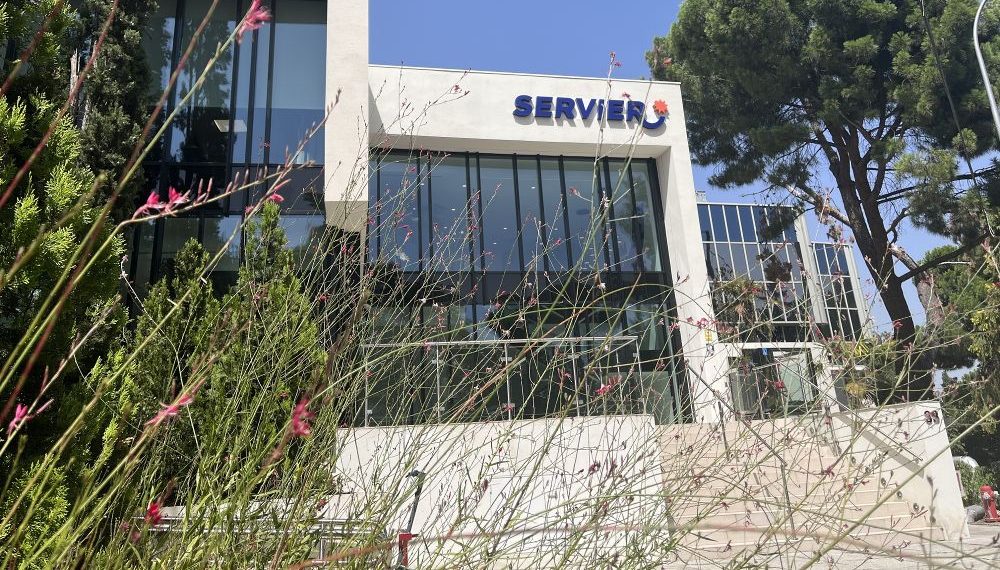The devaluation of the Argentine peso following an upset in presidential election primaries on Sunday is causing difficulties for many industries, including the pharmaceutical sector. Many sources tell Pharmabiz that the drastic changes in economic variables are generating strong cost pressures amid an already complex economic situation, with retail prices and payments for imports affected.
The Argentine pharmaceutical sector has been thrown into uncertainty after the unexpectedly strong performance of far-right presidential candidate Javier Milei in primary elections on Sunday led the government to devalue the Argentine peso. An adjustment was not entirely unexpected. With inflation running at well 113,4% for the last 12 months, the exchange rate, which is managed by the government, was already out of step. But a sudden devaluation of 22,2% has left businesses in all sectors having to recalculate prices.
While the government says it is now going to hold the value of the peso at a fixed rate of US$1 = ARS 365,50 until the real presidential election in October, the effects of the sudden currency correction are already being seen in price lists. increases are averaging at 20% according to what Pharmabiz has seen. Industry sources say that it’s proving difficult to follow government orders to control prices because costs are rising everywhere.
There are several causes, the most significant being the increased cost of imports, not only as the result of the devaluation but also the SIRA system of deferred payment and a recently added tax on intermediary goods and services. The latter is not supposed to apply to medicines but is being imposed regardless.
Over the last three days, the local heads of many multis had to take conference calls to try to explain the Argentine situation to their head offices. Deadlines for the payment of external purchases have been redefined and there is uncertainty about which of Argentina’s various exchange rates (there is a black market and also different rates for imports, shares dealing and tourism) they will use for payment in the future.
Drugmakers also point out that the delay in accessing dollars on the regulated market also causes problems. VAT perceptions on foreign purchases can’t be taken for nine months, which is a long time in a scenario of such high inflation. To add to the problems, the sudden rise in prices is going to impact inflation for August, which could enter double figures. That’s going to leave the recent salary agreements signed by the pharmaceutical industry with various trade unions looking meagre and could fire trigger clauses leading to new negotiations.
The impact is also likely to leave price agreements for the PAMI retirees’ social security system on the ropes. On the other hand, the devaluation favours some pharmaceutical companies that export, helping to alleviate internal cost pressures to a degree.
















